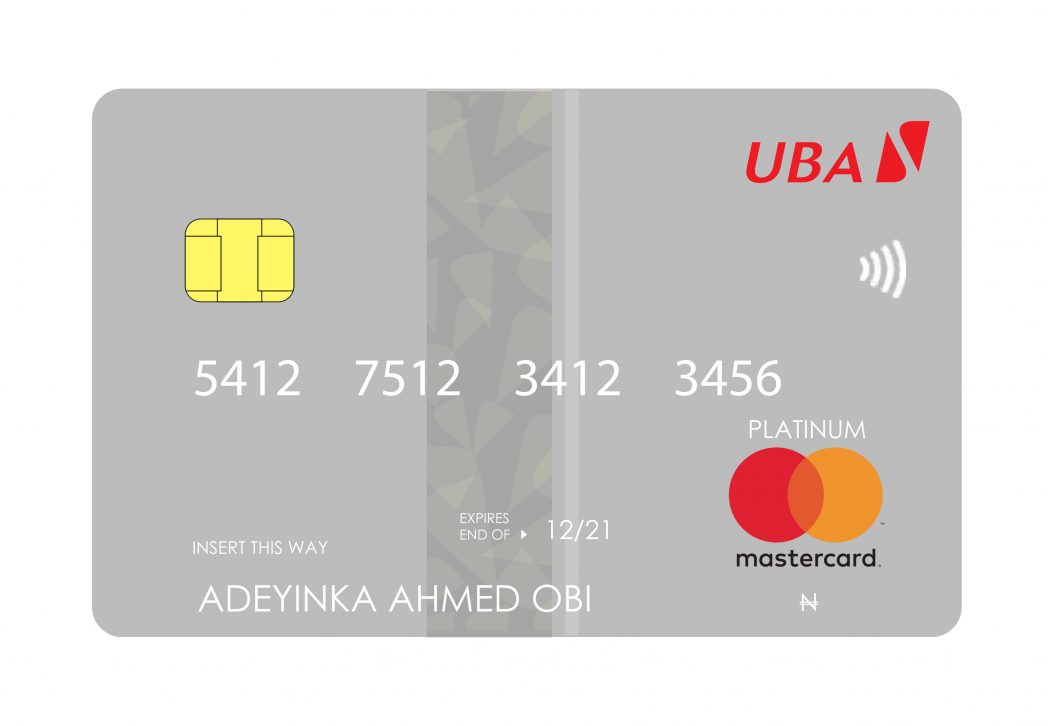
At the summit in Abuja, Nigerian President Muhammadu Buhari voices oncerns about increasing violence in the region [File: Afolabi Sotunde/Reuters]
Abuja, Nigeria – Leaders of a 15-nation West African bloc have called for greater structural reforms as they step up efforts for the introduction of a shared currency, aimed to be launched in 2020.
In a statement issued late on Saturday at the end of an Economic Community of West African States (ECOWAS) summit in Nigeria‘s capital, Abuja, the leaders said they had adopted ECO as the name of the planned currency.
The bloc, which represents an estimated population of about 385 million people, said it acknowledged a 2018 report which underlined “the worsening of the macroeconomic convergence” and urged member states to do “more to improve on their performance” as the deadline for the establishment of a monetary union approached.
The 2018 report called, among others, for the promotion and liberalisation of regional trade, the consolidation of the customs union and the creation of a free trade area – all of which are yet to be met.
Mahamadou Issoufou, ECOWAS chairman and Niger’s president, said there was “a real firm political will” to increase efforts ahead of the January 2020 deadline.
“We are of the view that countries that are ready will launch the single currency and countries that are not ready will join the programme as they comply with all six convergence criteria,” Issoufou said.
Analysts sceptical
Leaders in the bloc have for decades held discussions and meetings on issuing a common currency amid efforts to boost regional trade and investment, without, however, making significant progress.
Currently, eight ECOWAS countries – Benin, Burkina Faso, Guinea-Bissau, Ivory Coast, Mali, Niger, Senegal and Togo – use the CFA Franc, while the other seven – Cape Verde, The Gambia, Ghana, Guinea, Liberia, Nigeria and Sierra Leone – have their own currencies.
Adewunmi Emoruwa, a policy analyst with Gatefield, a public strategy and media group, said he was not convinced that the introduction of a single currency would solve the region’s economic problems.
“The common currency on its own will not necessarily make doing business any easier than it is now. If policymakers see the single currency as the magic wand for boosting intraregional trade, they will be disappointed,” Emoruwa told Al Jazeera.
“The ECOWAS bloc is particularly volatile, both politically and economically. It means countries might need to create unique responses to shocks which would be limited by the common monetary policy control.
Moreover, it’s uncertain that regional economies are strong enough to back bailouts in the event of a crisis among participating member states,” he said.
According to the African Development Bank, regional inflation has stood at double digits since 2015, way above the five percent target outlined as one of the convergence criteria for ECO’s implementation. Meanwhile, Nigeria, which controls two-thirds of the regional economy, has struggled to meet its growth projections
Security challenges
Separately, in his address welcoming the leaders to the summit, Nigerian President Muhammadu Buhari expressed concerns about increasing violence and attacks in the region.
“Despite the overall appreciable progress we have made, particularly in the field of political governance, our sub-region continues to face considerable security challenges,” Buhari said.
“We are all witnesses to the recurring incidents of intercommunal clashes, herder-farmer conflicts, banditry and terrorist attacks in all our countries,” he added. “The need for the adoption of a common strategy at the national and regional level to combat them [Insecurity], has become imperative”.
In recent years, several countries in the region have been dealing with both internal and external security threats.
Ethnic clashes in Mali have left hundreds dead and thousands displaced, while armed groups operating across the Sahel have been attacking targets in Niger and Burkina Faso.
Nigeria has long tried to effectively deal with threats from the Boko Haram armed group, while clashes between herders and farmers have also increased insecurity concerns in the country.
Violence between the groups over access to grazing land and water, which is becoming scarce in the face of rapid population and drought, has left thousands dead.
“In Nigeria, there is an underlying dishonesty in tackling the issue, and that dishonesty has fuelled mistrust, which worsens the problem, and makes it to metastasise,” Cheta Nwanze, security analyst with SBM Intelligence, told Al Jazeera.
“In most other West African states, their problem is a straight up lack of resources to tackle the issue, but they are more honest about it than Nigeria, hence the problem will probably not go away,” Nwanze added.



